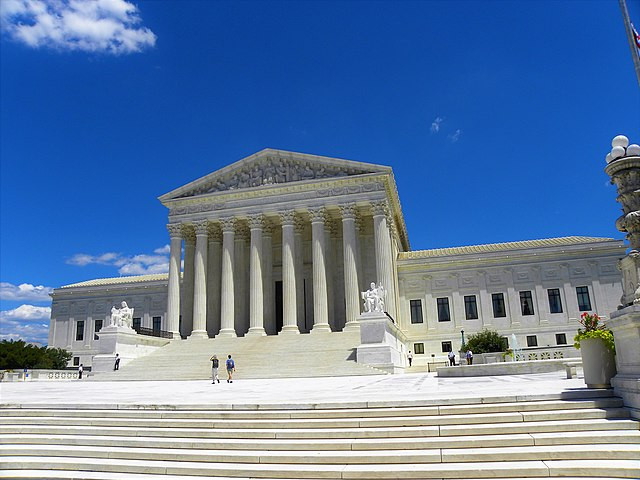The U.S. Supreme Court engaged in a contentious debate Wednesday over a Texas law requiring age verification for online pornography, raising critical questions about the balance between First Amendment protections and efforts to shield children from harmful content. The justices appeared divided, with some expressing support for the state's measures while others questioned the broader implications for free speech.
The 2023 law, championed by Texas lawmakers, mandates adult websites to verify users' ages through government-issued identification. Advocates argue the law is a necessary safeguard against the easy accessibility of explicit material to minors, while challengers, led by the Free Speech Coalition, contend it violates the constitutional rights of adults seeking to access legal content.
"Technological access to pornography, obviously, has exploded," Chief Justice John Roberts noted during oral arguments, acknowledging the challenges posed by modern digital platforms. Justice Clarence Thomas echoed this sentiment, emphasizing the vast differences between today's internet landscape and that of prior decades when similar laws were reviewed.
The Legal Debate
The core issue before the Court is whether the Texas law should be subject to "strict scrutiny," the highest standard of judicial review, which requires laws to be narrowly tailored to serve a compelling government interest. The challengers argue that strict scrutiny is warranted, pointing to past rulings such as the 2004 decision in Ashcroft v. ACLU, where a federal law imposing similar restrictions was deemed likely unconstitutional.
Texas Solicitor General Aaron Nielson defended the law, asserting that it targets content undeniably harmful to minors while preserving adults' access. "Petitioners don't dispute that the websites are not meant for children, that they harm children, and that children are watching," Nielson said.
Attorney Derek Shaffer, representing the Free Speech Coalition, warned that the law imposes a chilling effect on constitutionally protected speech for adults. He highlighted privacy risks associated with age verification, noting that such measures could create "a permanent record on the internet" vulnerable to hacking.
Several justices acknowledged that technological advancements have altered the landscape since prior rulings. Justice Amy Coney Barrett, referencing her personal experience as a parent, underscored the inadequacy of content filters in preventing children from accessing explicit material. "The explosion of addiction to online porn has shown that content filtering isn't working," Barrett stated.
Justice Samuel Alito pressed Shaffer on why age verification for pornography websites should be treated differently from similar requirements for online gambling or tobacco sales.
Conversely, Justice Elena Kagan expressed concern about the potential "spillover effect" if the Court were to relax strict scrutiny in this case. "You treat a clearly content-based law as not requiring strict scrutiny, and all of a sudden you start seeing more content-based restrictions that don't have to satisfy strict scrutiny," she cautioned.
Broader Implications
The case carries significant implications for online content regulation nationwide. Nineteen other states have enacted or proposed similar laws, and a ruling in favor of Texas could embolden further legislative efforts to restrict adult content.
The Biden administration has urged the Court to remand the case to the lower courts for further analysis under strict scrutiny, noting that even under this rigorous standard, age verification requirements could potentially pass constitutional muster.
Looking Ahead
The Court is expected to issue a decision by June, a ruling that will likely shape the contours of digital free speech and child protection for years to come. Until then, the Texas law remains in effect, with some adult platforms already restricting access for users in the state.






